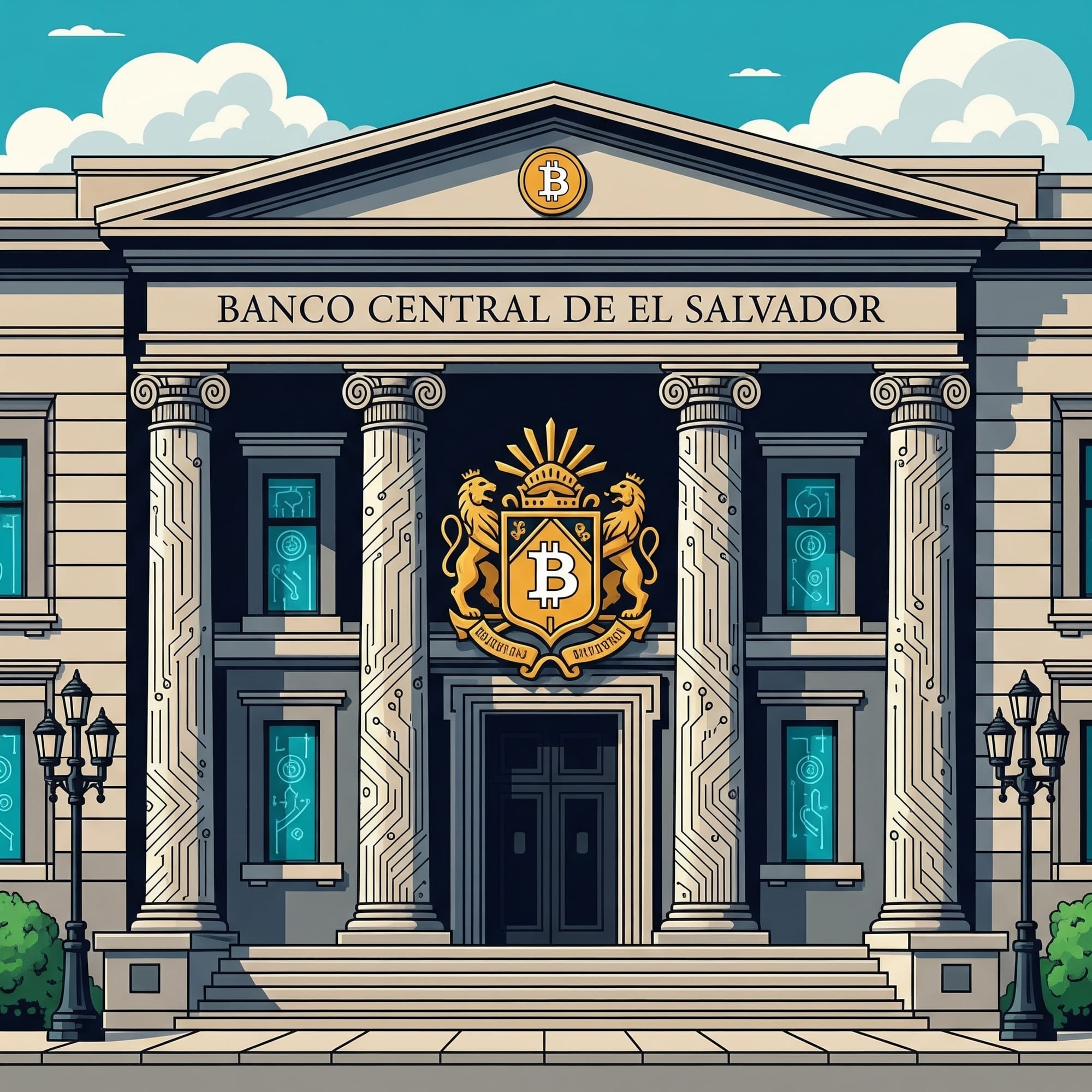El Salvador’s Bitcoin Strategy Pivots to Institutional Banking



El Salvador, three years after making Bitcoin legal tender and mandating merchants to accept bitcoin payments, before earlier this year reversing that rule to make acceptance optional, is reorienting its national cryptocurrency experiment. What began as a populist effort to drive mass adoption and financial inclusion is now shifting to a more pragmatic, institutional-focused strategy aimed at attracting global capital.
Indeed, President Nayib Bukele's initial push for mass adoption in 2021 ultimately saw limited success. The new direction appears to be a condition of a recent $1.4 billion loan agreement with the International Monetary Fund (IMF), which required the government to scale back its public-sector Bitcoin initiatives.
A New Law for a New Focus
In a new development, the country's Legislative Assembly passed a law on August 7, creating a specific regulatory framework for financial institutions to engage in digital asset services. Financial institutions with at least $50 million in capital may apply for a Digital Asset Service Provider (PSAD) license from the Commission of Digital Assets (CNAD) .
Licensed PSADs will be able to offer custody, issue tokenized securities, and facilitate other crypto-related services exclusively for "sophisticated investors" who hold more than $250,000 in liquid assets. The law also provides strong incentives for foreign investment, including a streamlined licensing process and zero capital gains tax on bitcoin.
A Mixed Legacy and Ongoing Challenges
This pivot comes after a period of mixed results and intense international scrutiny. The International Monetary Fund (IMF) has consistently voiced concerns over the risks that a volatile cryptocurrency poses to financial stability and consumer protection, a stance that has reportedly impacted El Salvador's ability to secure favorable loan terms.
Tourism, one sector hoped to benefit from bitcoin adoption, has seen a notable increase, though the direct correlation to bitcoin usage remains a subject of discussion. The government's flagship "Chivo Wallet" saw initial uptake in usage, but ultimately failed to convince the public, due to bitcoin price fluctuations. Some businesses have integrated bitcoin payments, often incentivized by government measures, but adoption among the general population appears neither here nor there.
Despite these challenges, the government maintains its commitment to bitcoin. The national reserve, built in part through geothermal-powered mining, contains more than 6,200 bitcoins worth over $740 million. El Salvador is also leveraging its position as a first mover in the space to forge new international partnerships, including a recent memorandum of understanding with Bolivia to provide guidance on digital asset regulation.

Crypto Holds High Ground As Macro Tailwinds Meet Pre-CPI Positioning
Your daily access to the backroom....

BRN Sees "Structural Transformation" in H2 2025 as Institutional Adoption Accelerates
DeFi TVL hits $223B all-time high while corporate Bitcoin holdings surge 50% YTD...

Rumble Mulls Tether-Backed Northern Data Acquisition
Rumble announced its intent to acquire Northern Data, and will significantly expand their cloud and ...

